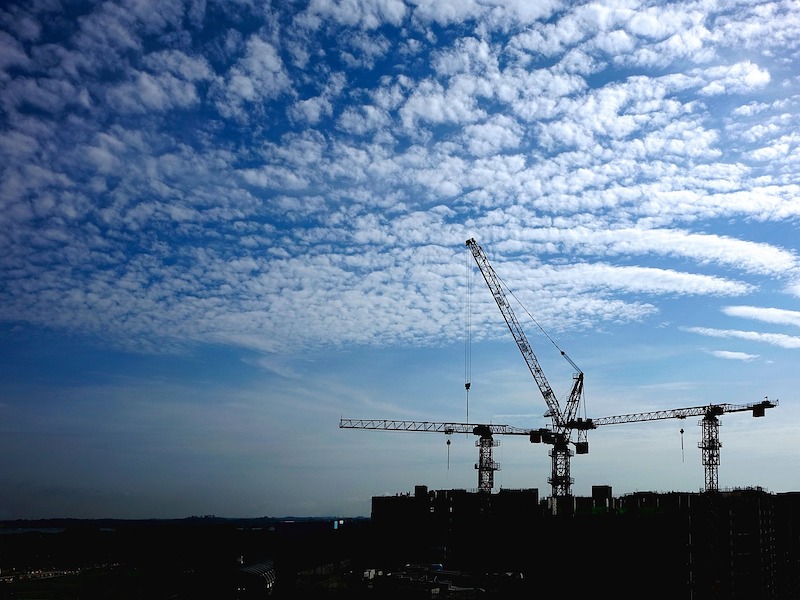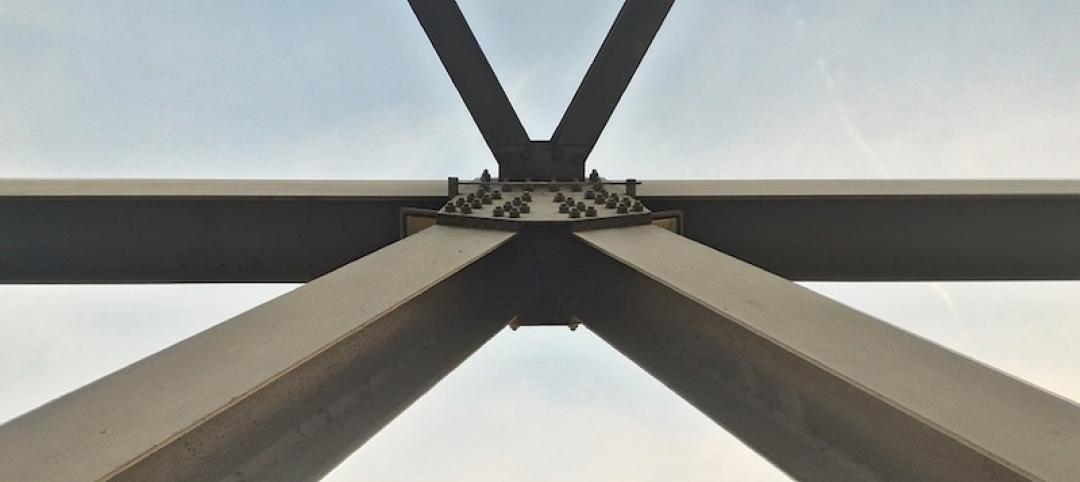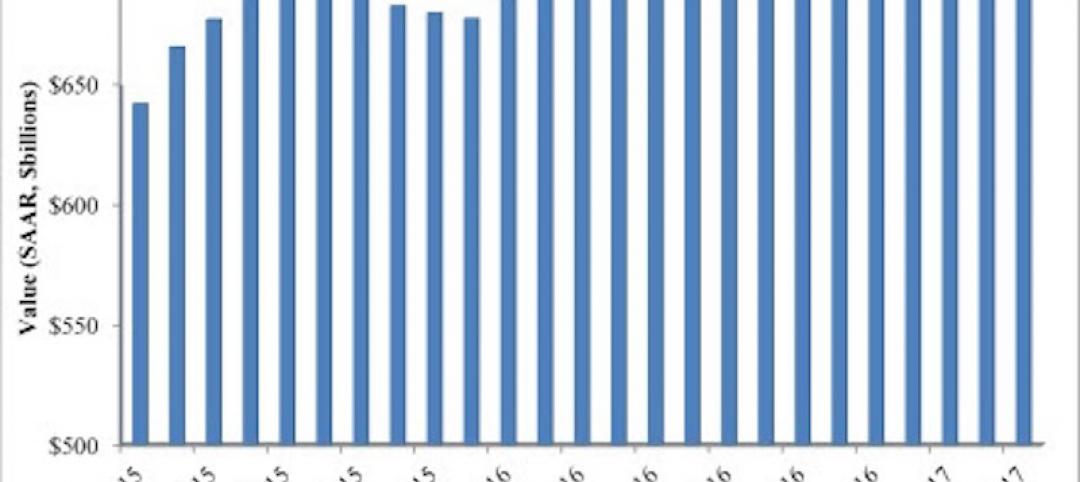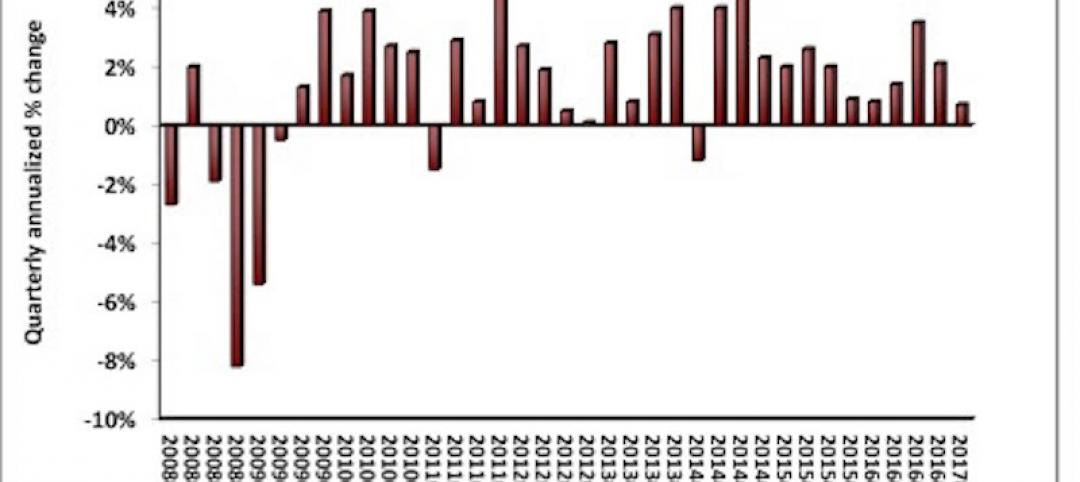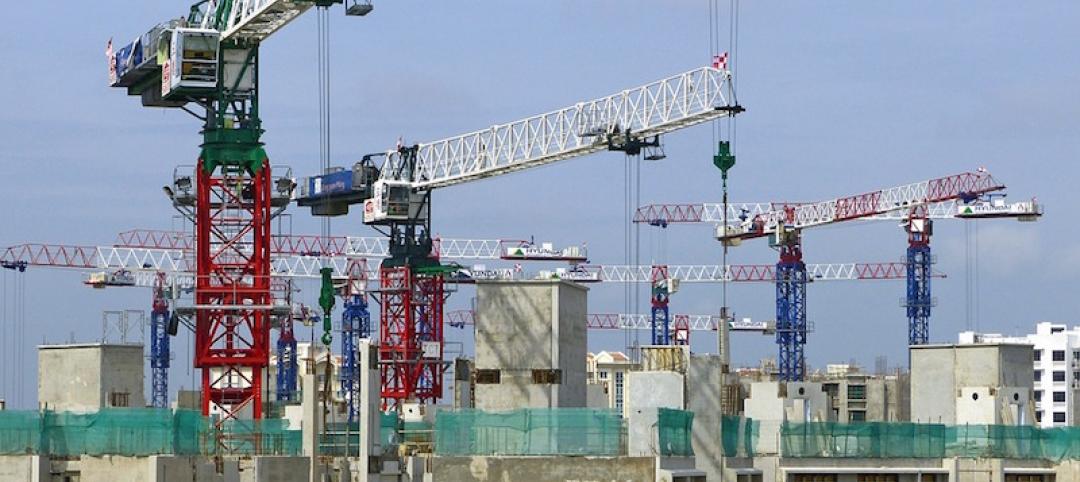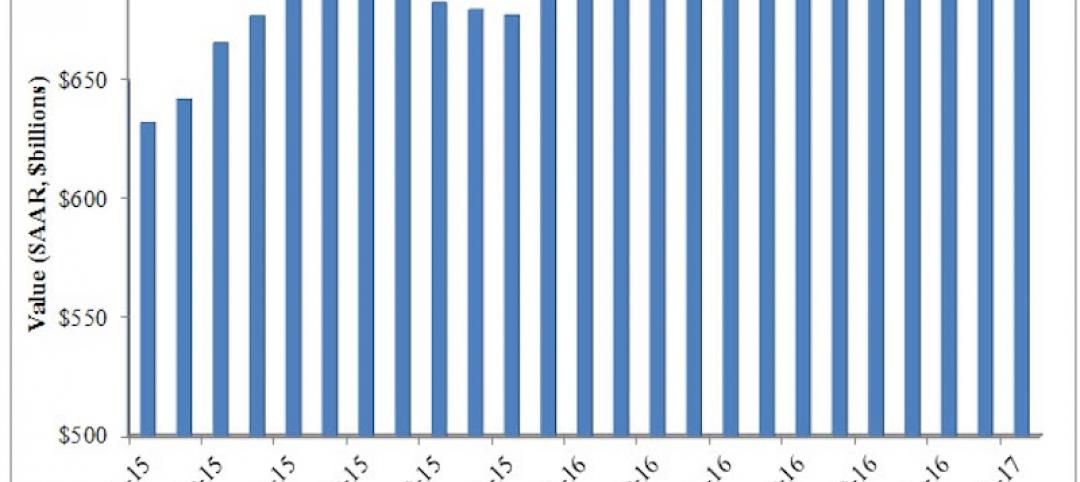Construction employment increased by 51,000 jobs in December, with gains for nonresidential as well as residential contractors, according to an analysis by the Associated General Contractors of America of government data released today. Association officials cautioned, however, that its latest survey shows widespread pessimism among contractors about the volume of work available in 2021, and they urged lawmakers to focus on measures designed to rebuild the economy and demand for construction.
“December’s employment gains likely reflect milder weather than usual for the month rather than sustained demand for projects,” said Ken Simonson, the association’s chief economist. “In fact, our survey found contractors expect the volume of work is likely to decline for nearly all nonresidential project types, and most firms have experienced project cancellations or postponements.”
Construction employment climbed to 7,413,000 in December, an increase of 0.7% compared to November. However, employment in the sector remains down by 226,000 or 3.0% since the most recent peak in February.
Residential construction has weathered the pandemic much better than nonresidential segments, Simonson added. While both parts of the industry had huge job losses from the pre-pandemic peak in February to April, residential building and specialty trade contractors have now recouped all of the employment losses they incurred. In contrast, nonresidential construction employment—comprising nonresidential building, specialty trades, and heavy and civil engineering construction—was 241,000 lower in December than in February.
Unemployment in construction nearly doubled in 2020. The industry’s unemployment rate in December was 9.6%, compared to 5.0% in December 2019. A total of 930,000 former construction workers were unemployed, up from 489,000 a year earlier. Both figures were the highest for December since 2013.
The association’s 2021 Construction Hiring and Business Outlook Survey found that 78% of contractors reported a project had been canceled or postponed, while only 25% reported winning new or additional work as a result of the pandemic, the economist noted. He said that suggests many firms will have to lay off employees once current projects wrap up. The survey included responses from more than 1,300 contractors that perform all types of construction other than homebuilding.
Association officials urged the new Congress and incoming Biden administration to enact measures to boost investments in all manner of public infrastructure. They added that Washington needs to backfill depleted state and local construction budgets so those new federal infrastructure investments can be more effective in boosting demand and construction employment.
“As Washington officials pivot from providing pandemic relief to focusing on rebuilding the economy, infrastructure needs to be at the top of their agenda,” said Stephen E. Sandherr, the association’s chief executive officer. “There is a real chance to come out of the pandemic with a stronger and more efficient economy fs we can act now to rebuild aging and over-burdened infrastructure.”
Related Stories
Senior Living Design | May 9, 2017
Designing for a future of limited mobility
There is an accessibility challenge facing the U.S. An estimated 1 in 5 people will be aged 65 or older by 2040.
Industry Research | May 4, 2017
How your AEC firm can go from the shortlist to winning new business
Here are four key lessons to help you close more business.
Engineers | May 3, 2017
At first buoyed by Trump election, U.S. engineers now less optimistic about markets, new survey shows
The first quarter 2017 (Q1/17) of ACEC’s Engineering Business Index (EBI) dipped slightly (0.5 points) to 66.0.
Market Data | May 2, 2017
Nonresidential Spending loses steam after strong start to year
Spending in the segment totaled $708.6 billion on a seasonally adjusted, annualized basis.
Market Data | May 1, 2017
Nonresidential Fixed Investment surges despite sluggish economic in first quarter
Real gross domestic product (GDP) expanded 0.7 percent on a seasonally adjusted annualized rate during the first three months of the year.
Industry Research | Apr 28, 2017
A/E Industry lacks planning, but still spending large on hiring
The average 200-person A/E Firm is spending $200,000 on hiring, and not budgeting at all.
Market Data | Apr 19, 2017
Architecture Billings Index continues to strengthen
Balanced growth results in billings gains in all regions.
Market Data | Apr 13, 2017
2016’s top 10 states for commercial development
Three new states creep into the top 10 while first and second place remain unchanged.
Market Data | Apr 6, 2017
Architecture marketing: 5 tools to measure success
We’ve identified five architecture marketing tools that will help your firm evaluate if it’s on the track to more leads, higher growth, and broader brand visibility.
Market Data | Apr 3, 2017
Public nonresidential construction spending rebounds; overall spending unchanged in February
The segment totaled $701.9 billion on a seasonally adjusted annualized rate for the month, marking the seventh consecutive month in which nonresidential spending sat above the $700 billion threshold.


